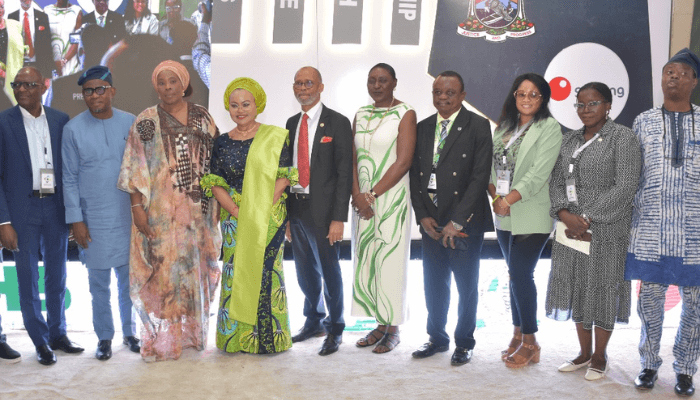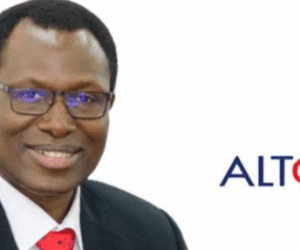…As reform targets N400bn annual health sector injection annually
Lagos state government, on Tuesday secured strong backing from financial institutions and healthcare providers as it formally launched the Lagos Private Health Partnership (LPHP), a reform designed to overhaul health financing, expand insurance coverage, and accelerate progress toward universal health coverage.
The initiative, unveiled in Lagos, is projected to unlock up to N400 billion annually into the health sector if at least 20 million residents enrol in the state’s mandatory insurance scheme.
Mr. Babajide Sanwo-Olu, Lagos state governor, described the LPHP as a historic step towards building a resilient and future-driven health financing architecture capable of protecting households from catastrophic expenditure, noting that the initiative demonstrates Lagos’ seriousness in translating compulsory health insurance mandates into effective, scalable, and economically viable implementation.
Delivering the keynote address on behalf of the Lagos State Governor, Mr. Babajide
Sanwo-Olu, who was represented by Barrister Abimbola Salu-Hundeyin, the secretary to the state government, disclosed that the new partnership model integrates insurers, providers, regulators, and financiers into a single, digitised marketplace that aligns policy direction with risk pooling and consistent service standards.
The governor further announced that the state has adopted a population-based enrolment model for employees of private organisations to streamline risk distribution and subsidised plan access.
Prof. Akin Abayomi, state commissioner for Health, lamented that despite Lagos’ economic strength and a population exceeding 25 million, the state continues to suffer from inadequate health financing, low insurance penetration, workforce attrition, and increasing medical tourism, stating that the LPHP is government’s strongest tool yet for reversing the trend, improving health outcome indicators, and recalibrating patient confidence in domestic healthcare capacity.
Abayomi also positioned the launch as a decisive end to a decade of fragmented private insurance operations marked by price undercutting, enrollee access restrictions, and distrust among stakeholders. The LPHP, he said, introduces a value-based system anchored on fairness, regulated pricing, and service quality, replacing the unhealthy competition that previously undermined the ecosystem.
Abayomi emphasised that the reform is built on a digital backbone enabling seamless enrolment, provider selection, claims processing, monitoring, and evaluation. With HEFAMAA serving as quality enforcer, he said competition will now shift from low premiums to superior outcomes, enhanced patient satisfaction, and transparent fund flow. He also disclosed that private insurers will contribute 13 percent of premiums to a new Risk Equalisation and Solidarity Fund, designed to protect vulnerable populations and strengthen emergency care.
Backing the initiative, Abubakar Suleiman, managing director/CEO of Sterling Bank Plc, said the bank views the LPHP as a transformative model capable of reducing the high cost of healthcare financing in Nigeria. He explained that Sterling’s interest aligns with its HEART (Health, Education, Agriculture, Renewable Energy, Transport) agenda and that the bank will continue deploying financial and digital infrastructure to support the partnership’s long-term sustainability. “Lagos has created a pioneering marketplace where transparency, digital governance, and payment integration will drive real value. Our collaboration is not only financial; it is strategic,” he said.
Healthcare providers also aligned firmly with the state’s direction. Dr. Jimi Arigbabuwo, national adviser on health insurance matters for the Healthcare Providers Association of Nigeria (HCPAN), said the LPHP recognises and integrates the private sector’s central role, urging government to ensure fair compensation for providers to curb medical tourism and improve patient experience.
With full enforcement of mandatory insurance scheduled after a six-month sensitisation period, Lagos officials say the reform will only succeed through broad public and private sector commitment, an outcome Tuesday’s endorsements bring significantly closer.









